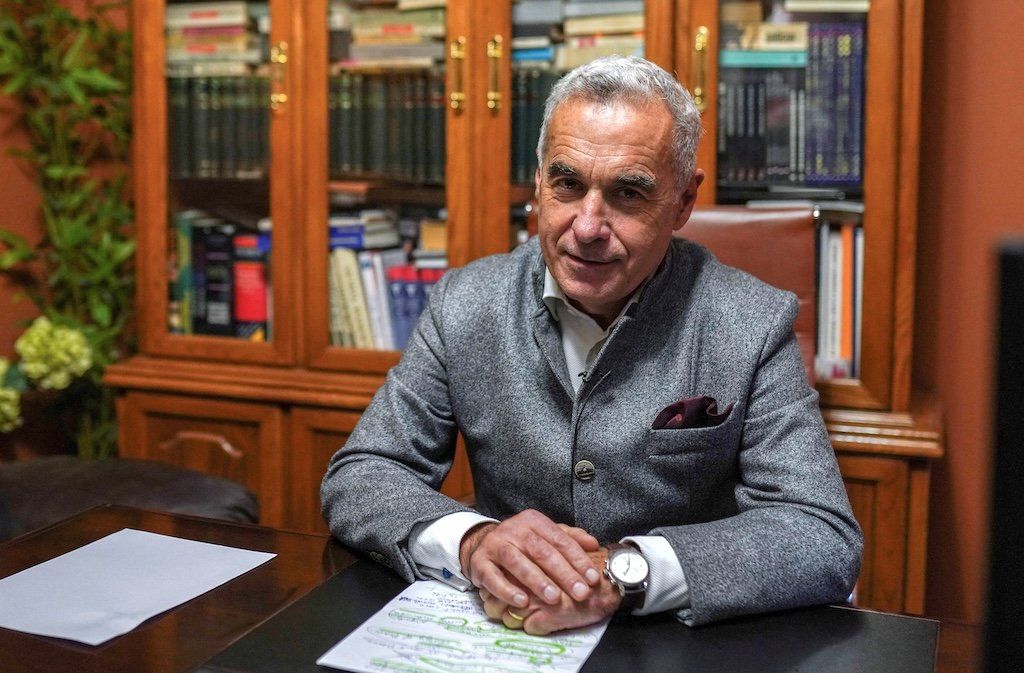Romanians head to the polls Sunday for a presidential runoff that could lead to significant foreign policy changes for the country – and profound implications for the war in Ukraine.
Who’s running? Far-right candidate Calin Georgescu, a critic of both NATO and the EU, faces pro-European centrist Elena Lasconi. Georgescu, 62, is pro-Russia and emerged as a surprise front-runner in the first round of voting on Nov. 24 amid claims that Russia manipulated the election through paid TikTok influencers. Romania’s constitutional courtupheld the first round result this week, butnewly declassified Romanian intelligence documents suggest a certain “state actor” did its best to sway voters in Georgescu’s favor.
What’s at stake? Lasconi, 52, is framing the election as a choice between NATO and Russia. “We must choose between NATO protection and Putin’s war,” she warns. Georgescu declared that if he wins, he will oppose grain exports and military aid to Kyiv.
In Romania, the president has authority in matters ofnational security and foreign policy, and also gets to choose which party forms a government following Romania’s Dec. 1 parliamentary vote, which saw the right make significant gains. Georgescu has said he will pick a premier who shares his “Romania first” vision.
Opinion polls showGeorgescu leading with 60% of decided voters, though 40% of voters remain undecided, and the outcome could hinge on voter turnout.
